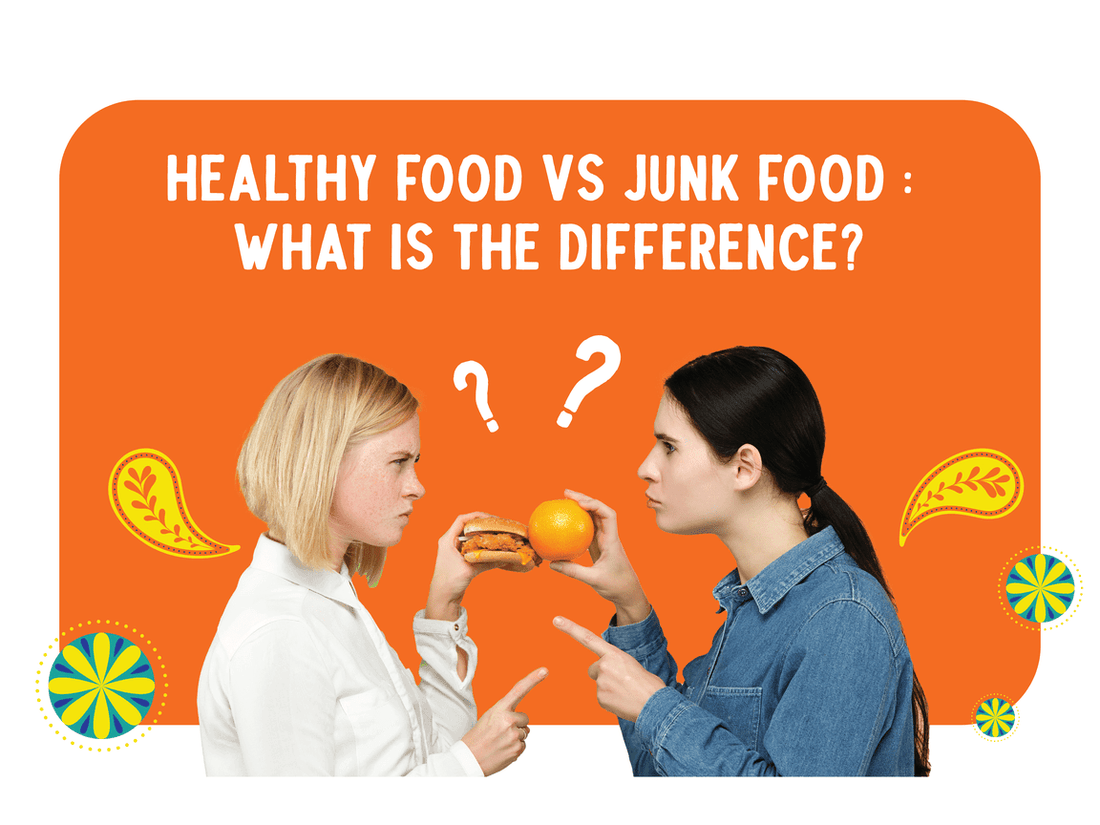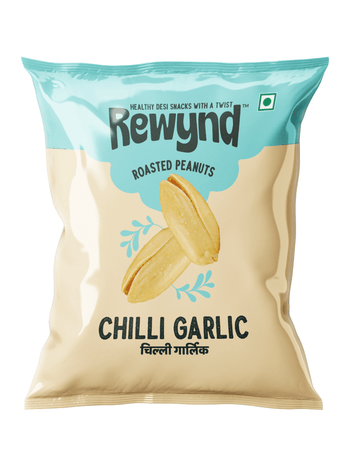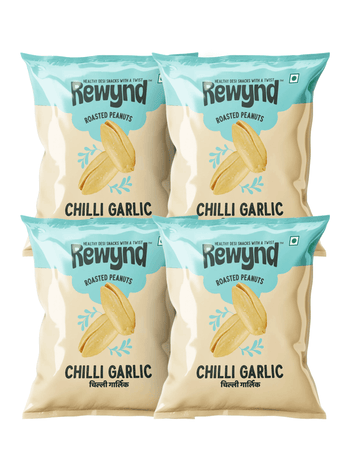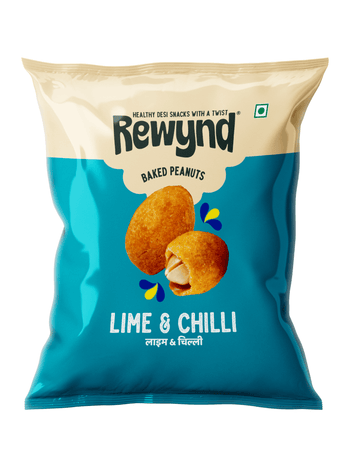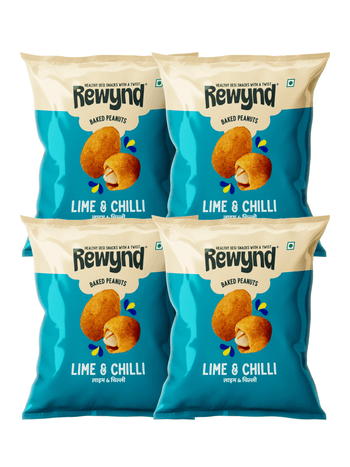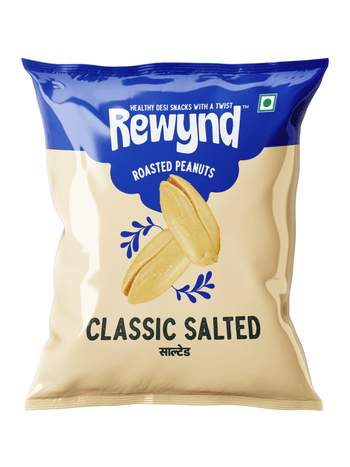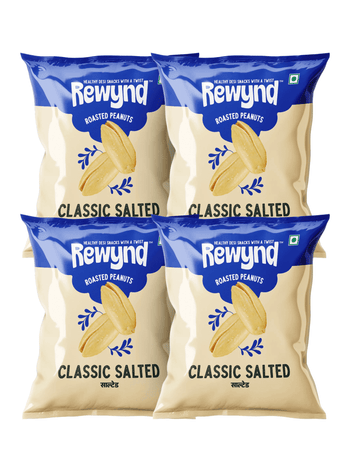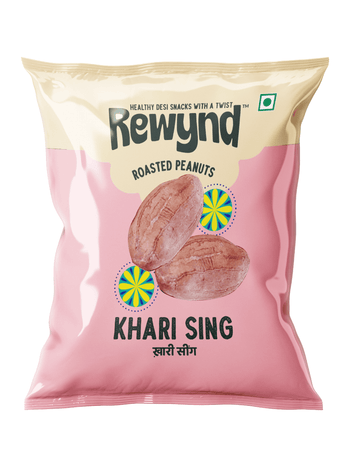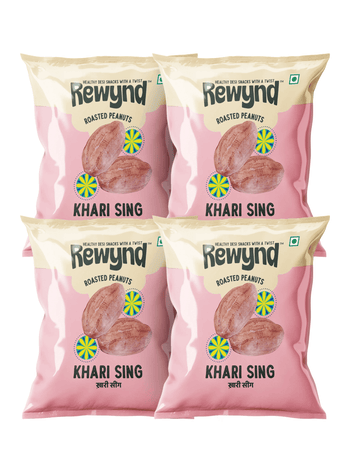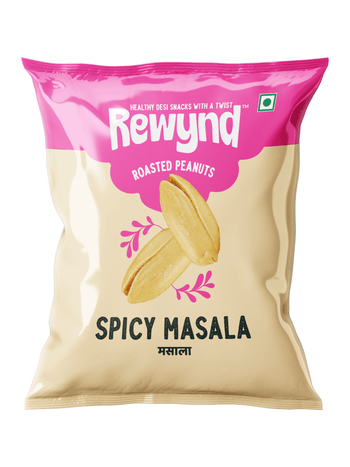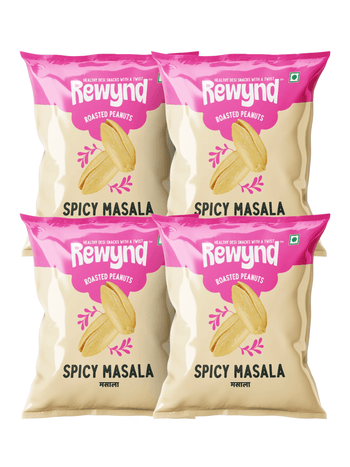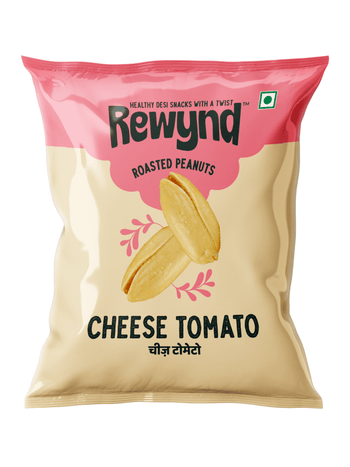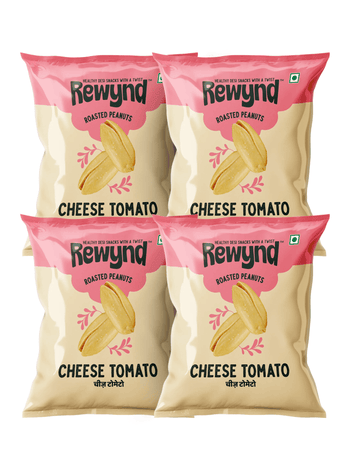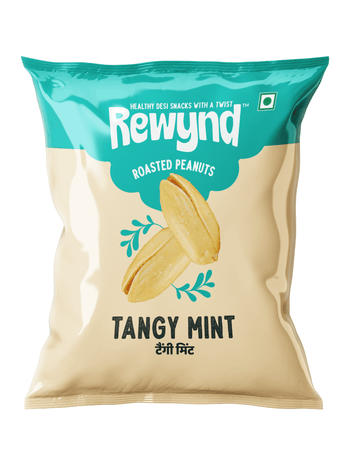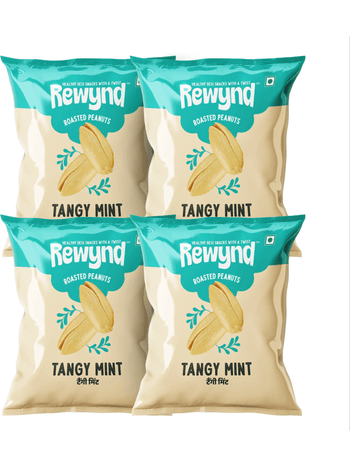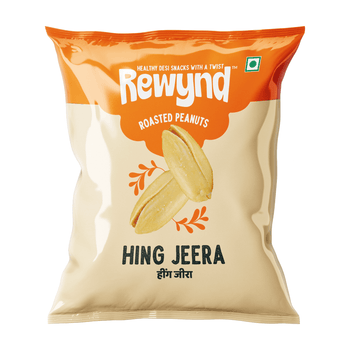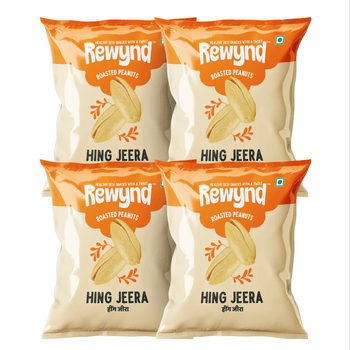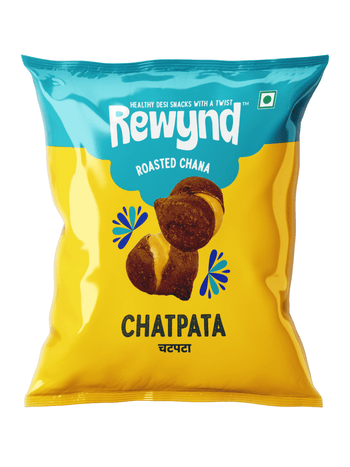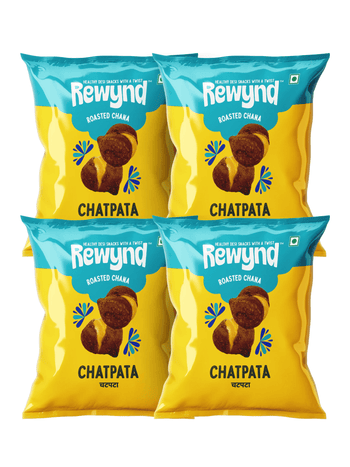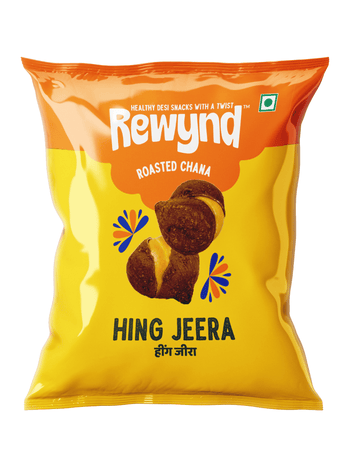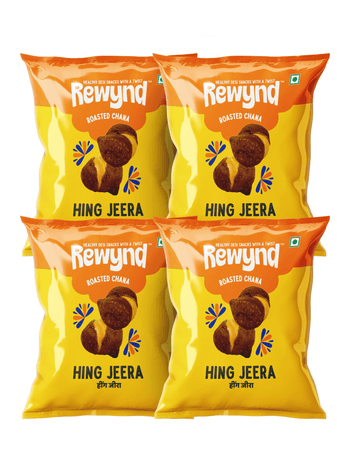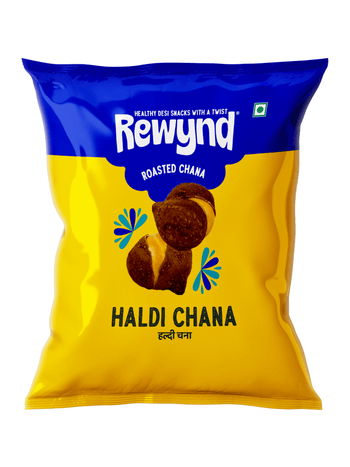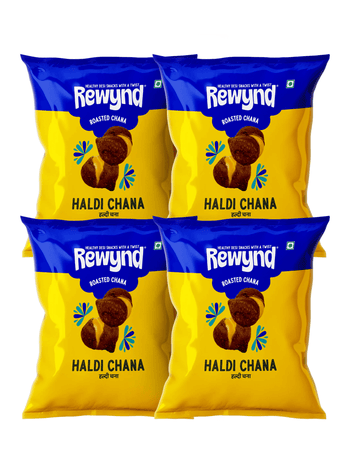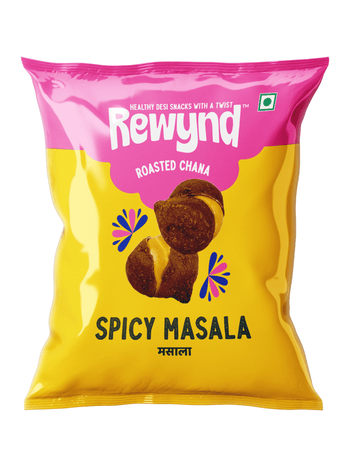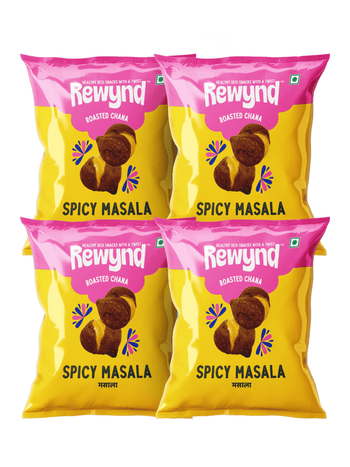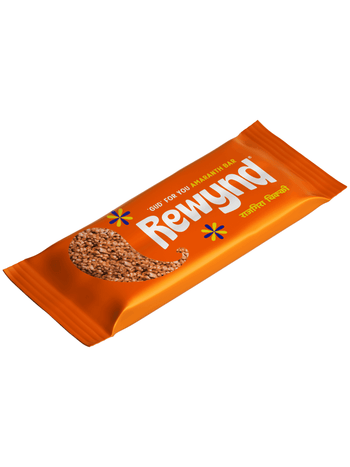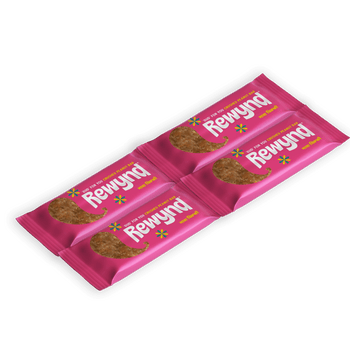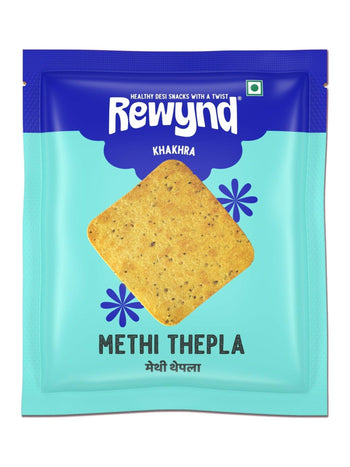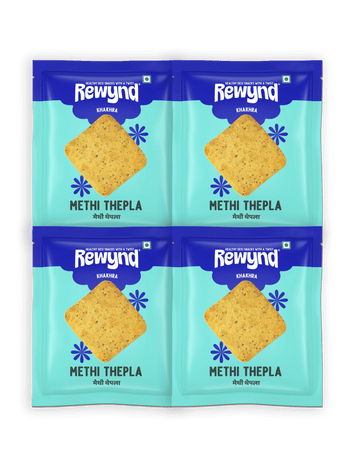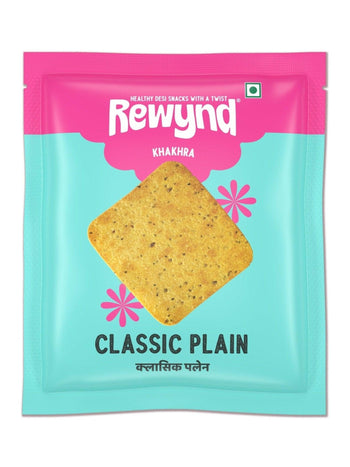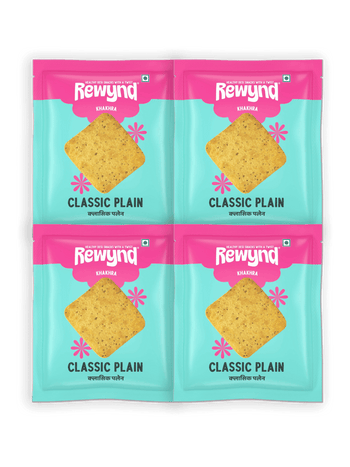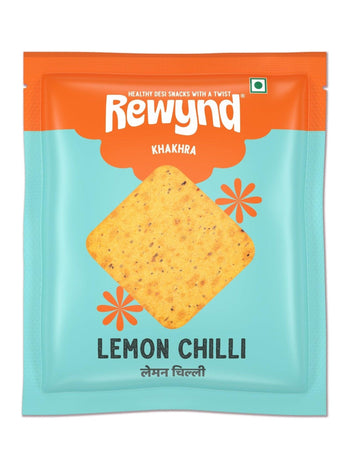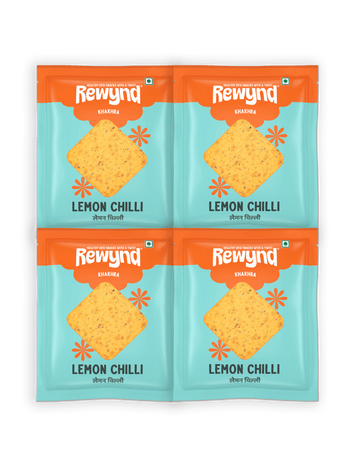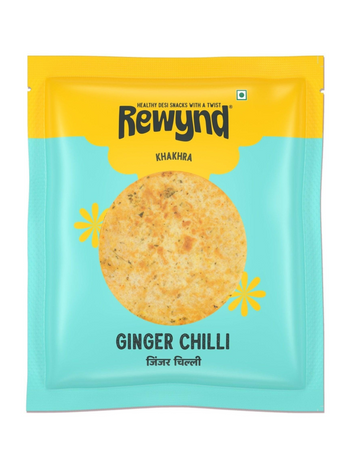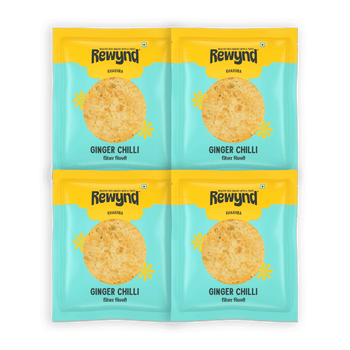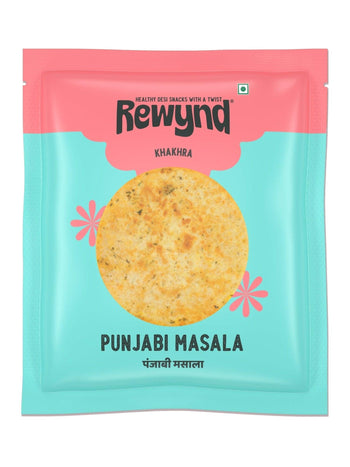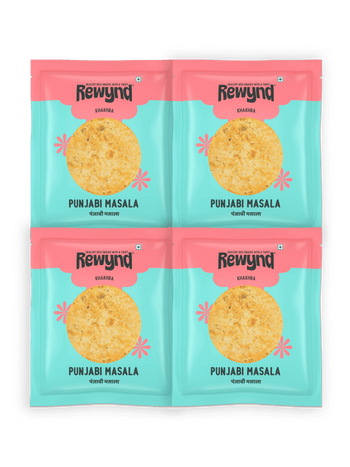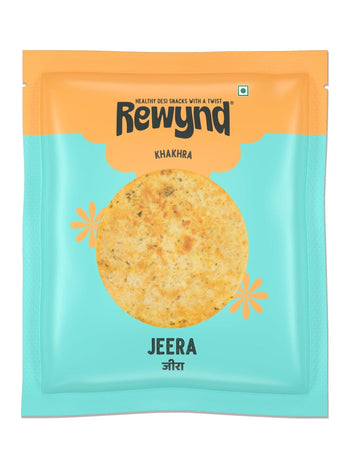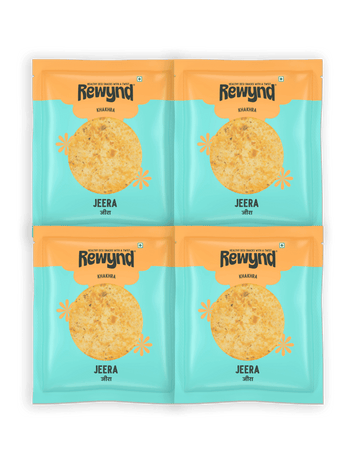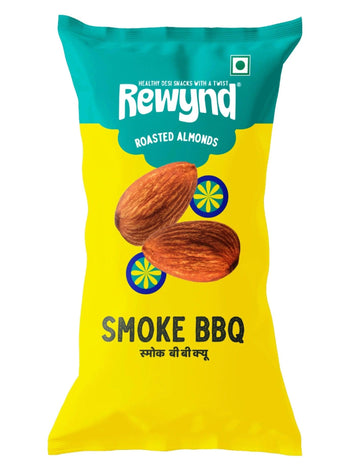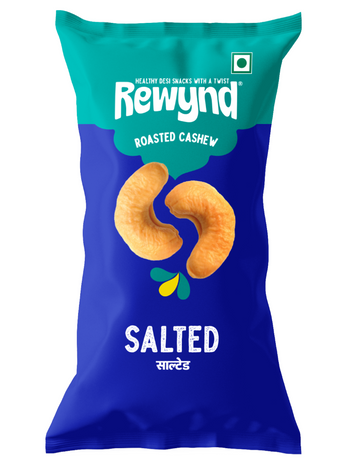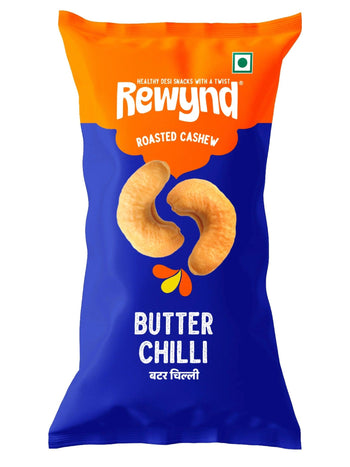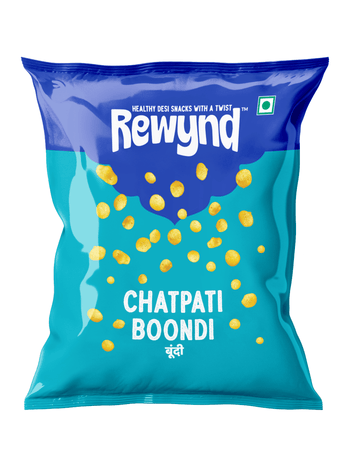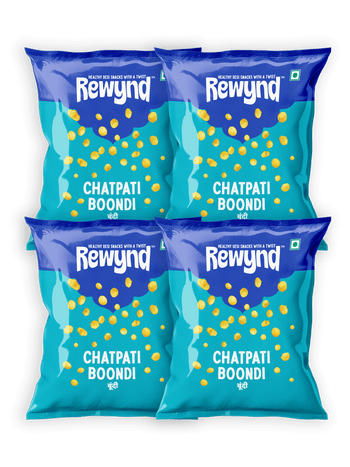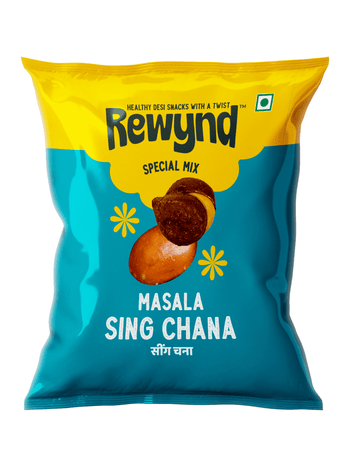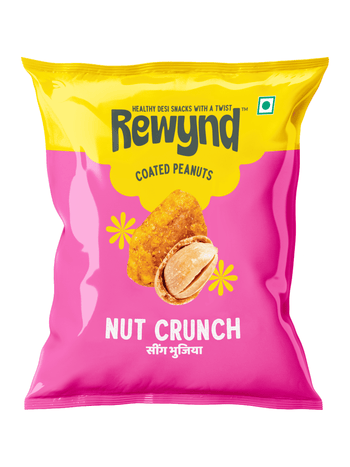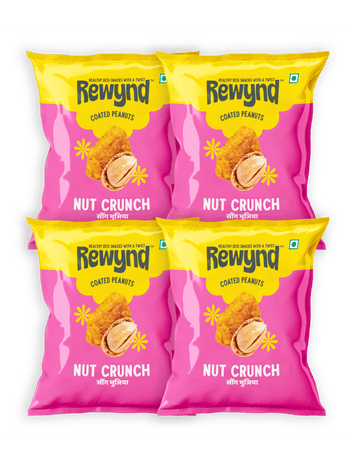In our fast-paced world, the choices we make about our food can significantly impact our health and lifestyle. Understanding the difference between healthy and junk food is crucial for making informed dietary decisions.
Why Food Choice is Important?
The food we consume directly affects our physical and mental well-being. Good food choices lead to improved health, energy, and prevention of chronic diseases, while poor choices can lead to health problems and decreased energy levels.
The theory remains the same as any ecosystem: if you give better input, the output will be better, and if you give poor input, the output will be worse. We give fuel and input to our body in terms of what we eat and drink. Our body churns out energy from the food it intakes; thus, how it behaves and supports you highly depends on your food choice.
So, let's understand what choices you have and what those are when it comes to food.
What is Healthy Food, and what is Junk Food?
Any food can be primarily categorized into one of the two buckets. 1. Healthy food, 2. Junk food. Now, what's healthy and what's junk? How can you decide before eating? Shall you carry a big nutrition book with you all the time?
Nah! That's boring and not so worth it. Let's give you an easy and profound categorisation between healthy and junk food.
Healthy food is nutrient-rich, providing our bodies with the necessary vitamins, minerals, and energy.
In contrast, junk food is typically high in calories, fats, sugars, and salts, with little to no nutritional value.
Defining Healthy Food in Detail
Healthy food is characterized by its richness in macronutrients and micronutrients essential for the body's proper functioning. It's typically whole, unprocessed, and free from artificial additives.
Characteristics of Healthy Food
-
High in nutrients like vitamins, minerals, fiber, and antioxidants.
-
Low in unhealthy fats, sugars, and sodium.
-
Minimally processed.
Examples of Nutrient-Rich Foods
- Fresh fruits and vegetables.
- Whole grains
- Lean proteins like fish and chicken.
- Legumes and nuts.
Defining Junk Food in Detail
Junk food, often highly processed, is laden with excessive calories and unhealthy components like trans fats and high-fructose corn syrup.
Characteristics of Junk Food
- High in calories, unhealthy fats, sugars, and salt.
- Low in essential nutrients.
- Often highly processed.
Examples of Common Junk Foods
- Fast food like burgers and fries.
- Sugary drinks and snacks.
- Processed snacks and candies.
Health Effects of Healthy Food
Helps maintain a Balanced and Nutritious Diet
- Enhanced energy and overall health.
- Reduced risk of chronic diseases like heart disease and diabetes.
- Improved mental health and mood stability.
Long-term Positive Impacts on Well-being
- Longer life expectancy.
- Better quality of life.
- Reduced healthcare costs.
Health Effects of Junk Food
Short-term and Long-term Health Risks
- Immediate impacts like fatigue and indigestion.
- Long-term effects include obesity, heart disease, and diabetes.
Connection to Chronic Diseases
- Direct link to conditions like hypertension, cardiovascular diseases, and certain types of cancer.
How Can Junk Food Be Avoided?
Making a conscious effort to choose healthier options is key. Planning meals, cooking at home, and understanding food labels can significantly reduce junk food consumption.
For example, replacing your regular deep-fried breakfast and tea snacks with healthy options like Peanuts and Chanas or low-calorie Khakhras can work wonders. Reducing the frequency of going out every month can also significantly help you maintain healthy food choices.
Moderation is also important; indulging occasionally is okay, but it shouldn't be a daily habit.
The distinction between healthy and junk food is clear. We can improve our overall health and quality of life by making informed choices and adopting healthier eating habits. It's not just about short-term gains but a long-term investment in our well-being.
